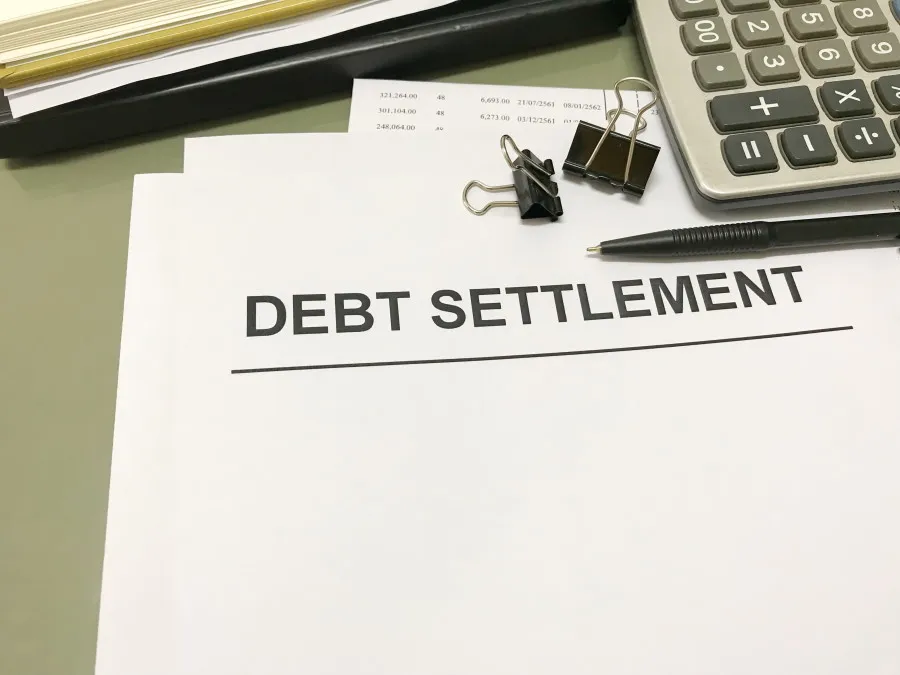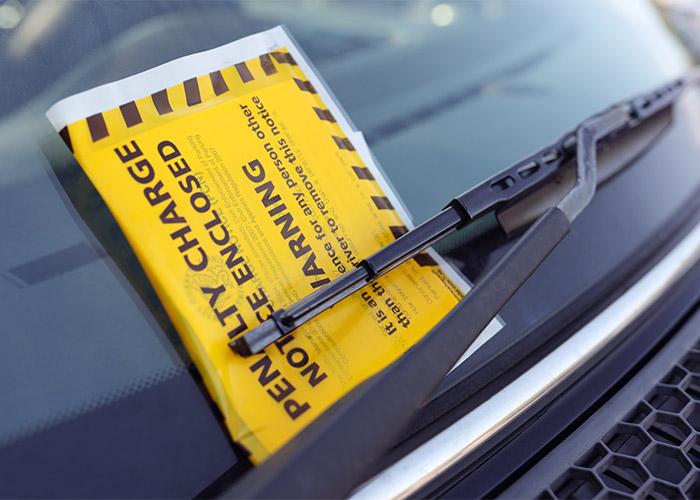If you’ve been making reduced payments to a debt for a while, either with a direct arrangement or through a Debt Management Plan (DMP) with an appointed firm, you may receive a letter from your creditor offering a full and final settlement – so what is one?
A full and final settlement, or partial settlement is essentially an agreement for you to pay off a lump sum towards the debts and have the other chunk of the balance written off. This stops the need for a repayment arrangement and prevents the creditor from pursuing you further down the line.
Even if you haven’t received a settlement offer from your creditor, you can approach them with an offer to settle the debt too.
How much will I have to pay?
 Each creditor will have a different approach to how they judge if a settlement is reasonable. Most people also have a set amount of funds available to offer, so you’ll need to calculate what you can afford.
Each creditor will have a different approach to how they judge if a settlement is reasonable. Most people also have a set amount of funds available to offer, so you’ll need to calculate what you can afford.
To start with, calculating a percentage of each balance is a good idea. For example, if you have £10,000 outstanding and £5,000 to offer, you could offer them all 50% of the balance owed. You could also consider offering a smaller amount, let’s say 25%, to try and save as much as possible.
Do I have to speak to the creditors myself?
No, if you’re in a DMP and have an appointed Debt Management Company, you may ask them to negotiate on your behalf, especially if you have multiple creditors. Many people like the idea of someone with experience negotiating on their behalf to help settle the debts.
Angel Advance offers a partial settlements service. We charge a fee of 25% of any savings made, E.g. we save you £1,000, our fee is £250.
We’d also advise you to speak to a debt adviser about your options with settling, as they may be able offer advice on the best outcome and whether any other solutions, such as a Single Payment IVA could be a better alternative.
How will my credit file be affected?
 If your debt has defaulted and is reporting to the credit reference agencies, it will be updated to ‘partially satisfied’ for the remainder of the 6-year period that defaults appear for.
If your debt has defaulted and is reporting to the credit reference agencies, it will be updated to ‘partially satisfied’ for the remainder of the 6-year period that defaults appear for.
If your debt hasn’t defaulted, it’s unlikely that a creditor will negotiate, if they do, this debt on your credit file will be updated for 6 years to show ‘partially satisfied’, which can be viewed negatively by any future lenders.
If your debt defaulted over 6 years ago, there won’t be any change to your credit file, as it’s already stopped reporting, and can’t be impacted again by that debt.
Do I have to settle my debt with the lump sum I have?
If you’re in a formal solution, such as an Individual Voluntary Arrangement, Bankruptcy or Debt Relief Order, you’ll need to inform your Insolvency Practitioner or Official Receiver, as it’s likely you’ll be expected to pay it into your arrangement.
If you’re in a Debt Management Plan, there’s no legal obligation to pay the lump sum to your debts, but it can have a huge positive impact on your life; reducing your outgoings, no longer being in debt and potentially improving your chances of obtaining credit in the future – this is often important for people looking to get a mortgage in the future for example.
Ready to get debt and settlement advice?
Great, we’re on hand to help. You can enter your details online using our Online Debt Advice tool or speak to one of our experienced debt advisors at info@angeladvance.co.uk or 01925 599400 today!


